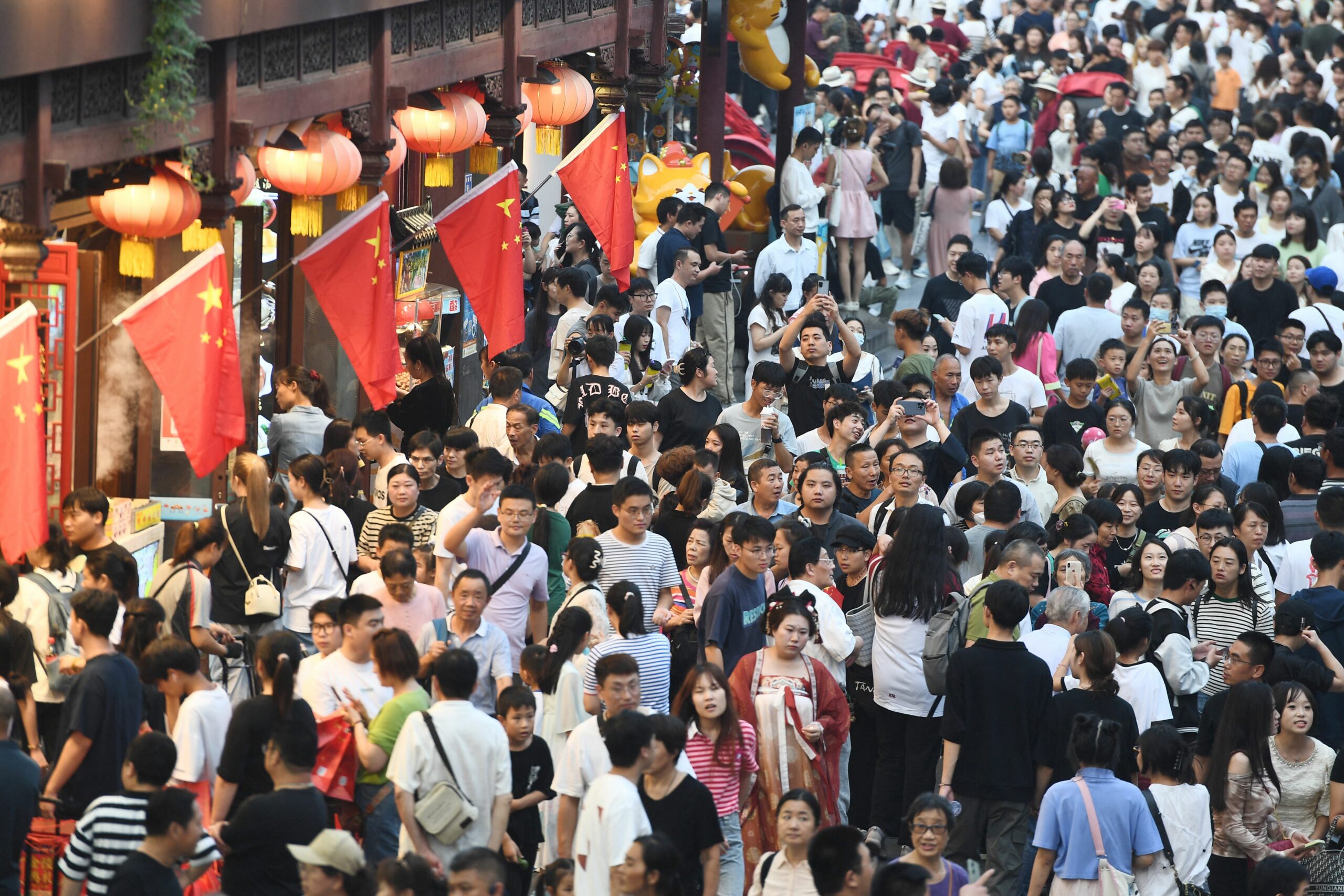China does not appear to have significantly stepped up the number of inspections of devices or questioning at borders against foreign nationals
This assessment was issued to clients of Dragonfly’s Security Intelligence & Analysis Service (SIAS) on 06 August 2024.
- Updated regulations on the enforcement of China’s national security laws took effect on 1 July 2024
- In our analysis, sectors that are likely to be at the highest risk of scrutiny are defence, technology, engineering and consulting
We have seen no major increase in inspections of electronic devices by the Chinese authorities following the introduction of the new security laws on 1 July. The regulations reinforce the powers of Chinese security forces to inspect the contents of electronic devices, amongst other powers. But in our analysis, rather than targeting all foreigners, the authorities will probably use these to scrutinise people they perceive to have access to sensitive foreign government, business information or whom they consider threats to national security.
New enforcement regulations in practice
The new regulations appear to codify and formalise the enforcement of already-existing laws aimed at strengthening national security powers, in our analysis. These include the Counterespionage Law (revised in 2023) and the National Intelligence Law (passed in 2017). According to the official documents, the laws grant Chinese security officers powers to detain and question individuals. Security officers can also inspect devices such as mobile phones, tablets, and laptops. Such inspections can be conducted at borders, in transit, and within China at short notice, and without the need for a court warrant.
People subject to inspections have little to no options to object to or challenge searches, in our assessment. Based on the regulations that we have seen, officers can conduct inspections or summons at borders, in international transit, and inside China. It says the questioning is to be done individually. It also does not mention the need or a right for a lawyer to be present during this. Questioning can last between eight hours and up to 24 hours in special circumstances, but it did not say how the authorities determine this. All inquiries are recorded with audio and video that is kept by the authorities and can be used as evidence.
No reported increase in inspections since 1 July
There has not been a noticeable increase in publicly reported inspections or questioning of foreign nationals over the past month. These are very probably continuing and not being disclosed as has been the case for several years. And the regulations appear to be more about formalising powers of enforcement. That said, official Chinese data on such inspections are not publicly available. And governments, including the UK and US, rarely publicly acknowledge specific cases. These foreign governments have also not updated their travel advisories for China with reference to the new provisions.
Strengthening enforcement and control of sensitive information
In our analysis, the new regulations are primarily aimed at preventing the transfer of sensitive information out of China. Based on previously reported cases, the authorities appear particularly interested in individuals working in business consulting and investigations, defence, NGOs, media, professional services, engineering and technology. This is because many such organisations store, handle or transfer data or information about issues that China considers sensitive or of use to foreign intelligence agencies. In a sign of this, China has also recently tightened control procedures for accessing and storing sensitive information this year.
In our assessment, information that the government perceives as sensitive is likely to include, but is not limited to:
- Critical infrastructure
- Military facilities or capabilities
- Industrial capacity
- Supply chains
- Data about government or party officials
- Geolocation or geophysical data
- Meteorological data
- Political issues
- Ethnic minority issues
It is plausible that Chinese authorities will also use the new powers for intelligence collection. Foreign nationals who hold or have recently held a high-level security clearance are at a particular risk of this, meaning they are likely to face brief detention and questioning at airports and other points of entry. It is unclear how Chinese intelligence agencies identify targets. But there is an established precedent of them approaching people during their travel to or transit in China who plausibly have or have had access to secret foreign government information or industrial secrets.
The authorities will probably also use the new legislation to crack down on anti-government activism. Based on international media reports in recent years, the authorities tend to scrutinise phones for evidence of such activism, occasionally involving international travellers at border points such as in Shenzhen and Hong Kong. This includes content on issues that critique the government’s position on issues related to human rights in Xinjiang and Tibet, and on sovereignty in Taiwan. This is especially the case for Chinese nationals or individuals from Taiwan, Hong Kong and the members of the Chinese diaspora who the government perceive as being critical of China.
Image: People visit the Confucius Temple in Nanjing, China, on the first day of a week-long holiday marking the Mid-Autumn festival and China’s National Day. Photo by STR/AFP via Getty Images.




